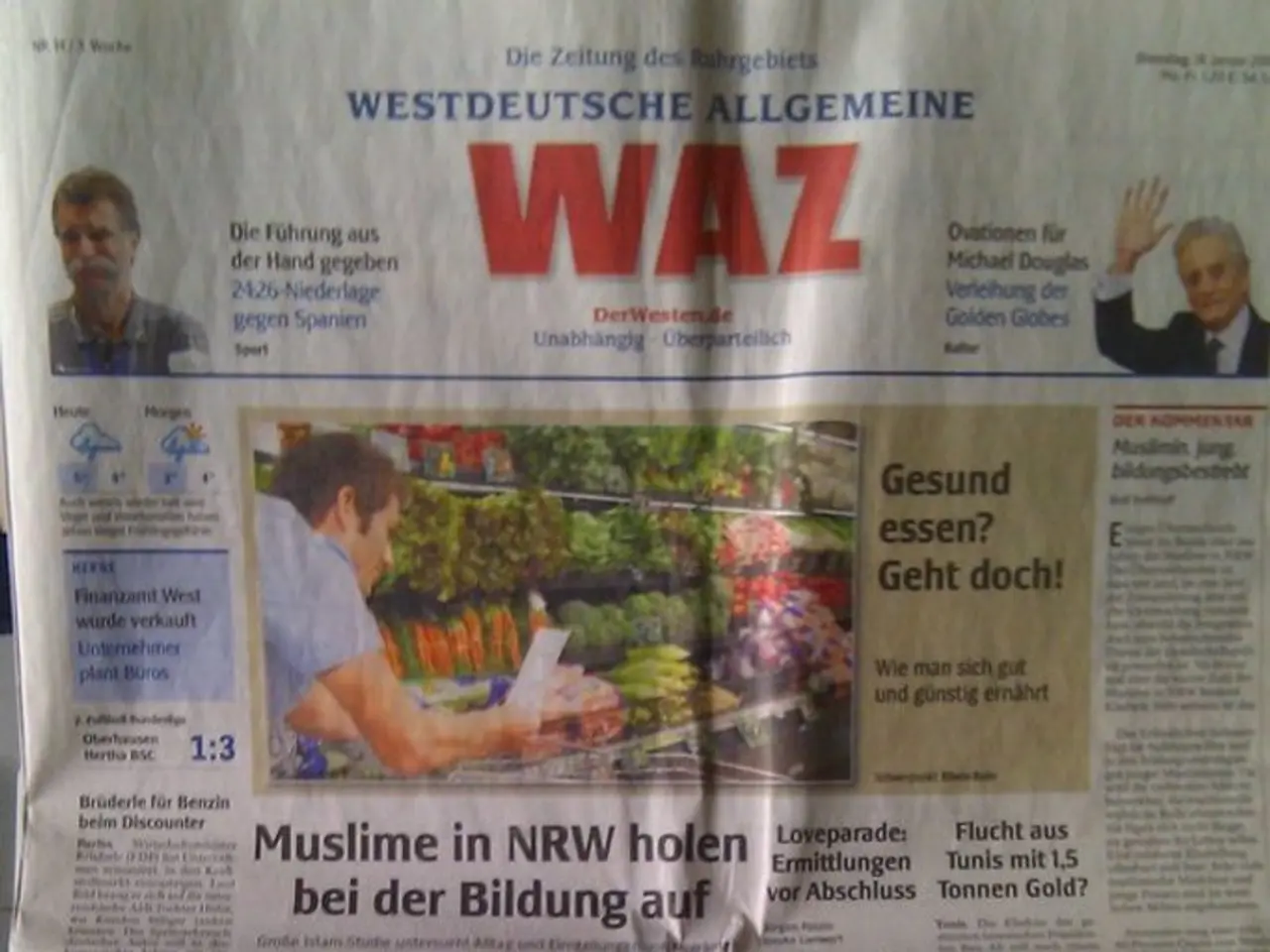Countries including France, Germany, and the United Kingdom endorse imposing sanctions on Iran once more
Iran faces a potential economic crisis and increased regional instability if the United Nations reinstates sanctions on the country, according to experts and analysts. The sanctions, if imposed, would severely restrict Iran’s oil exports, which are crucial for government revenue, deepen Iran's economic isolation amid existing U.S. sanctions, and exacerbate economic and military restrictions.
The current sanctions have already caused inflation to rise to almost 39% in Iran. If the sanctions are reimposed, the Iranian currency (rial) could face a sharp devaluation of 20–30%, further weakening domestic economic stability and investor confidence. Iran has adapted to sanctions by using alternative financial systems and gray-market oil sales, but a full UN sanction reinstatement could disrupt these channels.
Regionally, the sanctions could increase tensions and strategic uncertainty in the Middle East. Iran’s hardliners could consolidate power internally by framing the sanctions as Western hostility, potentially accelerating Iran's nuclear program as retaliation. This nuclear escalation risk may prompt Israel to contemplate military options, including preemptive strikes or covert operations aimed at delaying Iran’s nuclear capabilities. Thus, the sanctions could heighten the possibility of military conflict with spillover effects in the region.
Globally, the sanctions could complicate enforcement due to opposition from Russia and China, who have criticized past Western sanctions against Iran as politically motivated and unlikely to fully comply again. These countries may instead deepen economic and technical cooperation with Iran, undermining the sanctions' effectiveness. International efforts to control nuclear proliferation face a critical moment, with snapback sanctions designed to pressure Iran back into compliance with nuclear agreements but also risking escalation if diplomacy fails.
In summary, full UN sanctions snapback in October 2025 would likely deepen Iran’s economic challenges, increase regional instability, and complicate global nuclear nonproliferation efforts. Iran is one of the most sanctioned countries in the world, with over 5,000 measures currently in place. Experts predict that Iran could reach a uranium purity of 90% in just a few weeks if it chose to do so, indicating its capability to rapidly enrich uranium to levels suitable for military use. The coming weeks will be crucial in determining whether diplomacy still has a future or if Iran faces a new escalation of sanctions.
References:
[1] Arms Control Association. (2021). Snapback Sanctions: A Guide to the UN Security Council's Trigger Mechanism. https://www.armscontrol.org/factsheets/SnapbackSanctions
[2] International Crisis Group. (2021). Iran: Escalation and Diplomacy. https://www.crisisgroup.org/middle-east-north-africa/gulf-and-arabian-peninsula/iran/219-iran-escalation-and-diplomacy
[3] Council on Foreign Relations. (2021). Iran Sanctions. https://www.cfr.org/backgrounder/iran-sanctions
[4] Carnegie Endowment for International Peace. (2021). Iran Sanctions: A Primer. https://carnegieendowment.org/2021/03/19/iran-sanctions-primer-pub-84839
[5] Reuters. (2021). Iran's Rouhani warns of 'disaster' if U.N. nuclear watchdog report is published. https://www.reuters.com/world/middle-east/irans-rouhani-warns-disaster-if-u-n-nuclear-watchdog-report-is-published-2021-06-10/
Read also:
- Discussion between Putin and Trump in Alaska could potentially overshadow Ukraine's concerns
- Massive 8.8 earthquake hits off the coast of Russia's Kamchatka Peninsula, prompting Japan to issue a tsunami alert.
- Court petitions to reverse established decision on same-sex marriage legalization
- Independence supporters in New Caledonia refuse agreement offering authority without a vote on sovereignty






